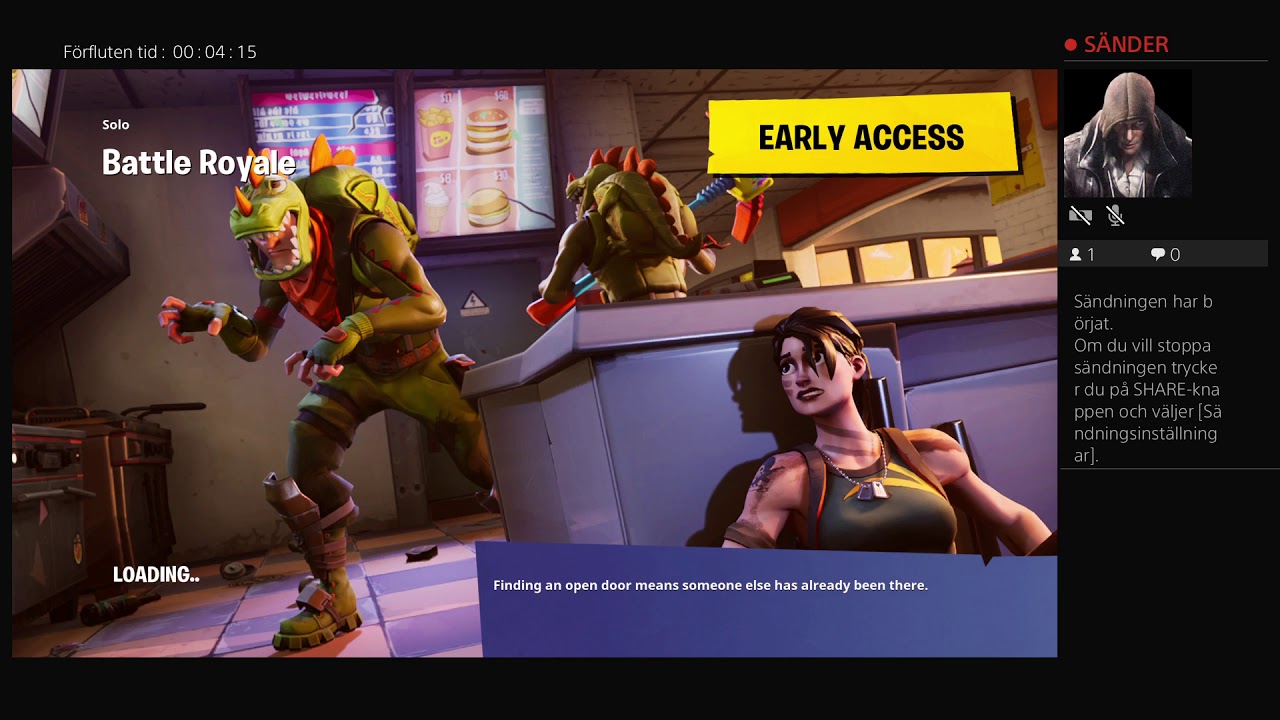Epic Games, the creative force behind the global gaming sensation Fortnite, recently rolled out a new battle royale mode named “Delulu.” This iteration promised a fresh twist on the familiar last-person-standing format by integrating a much-anticipated feature: proximity voice chat. The core concept was elegantly straightforward – any player within a certain audible range could communicate, regardless of their team affiliation. The intent was to inject a dynamic layer of social interaction and spontaneous strategy into Fortnite`s typically structured gameplay.
The Vision: Spontaneous Social Dynamics
The “Delulu” mode, whose name is a rather whimsical shorthand for “delusional” often used in online circles, initially presented an intriguing proposition. One could easily envision a plethora of new tactical scenarios: forging temporary alliances with strangers to overcome a common adversary, orchestrating sophisticated ambushes through whispered commands, or even attempting to negotiate fleeting truces amidst the chaos of combat. For players who often ventured solo, it offered a taste of collaborative coordination without the prerequisite of a pre-made squad. The potential for emergent gameplay, unforeseen partnerships, and genuinely novel interactions seemed both vast and exciting.
The Reality: A Rapid Descent into Toxicity
However, the journey from concept to practical application proved to be, to put it mildly, fraught. Almost immediately following its debut, the “Delulu” mode became an unfortunate showcase for some of the less desirable facets of online human behavior. The unfiltered nature of proximity chat, while designed to foster dynamic social bonds, quickly unveiled its darker side. Player complaints rapidly escalated, detailing widespread instances of discrimination and harassment. Reports from the game`s bustling community forums painted a grim picture: individuals found themselves targeted with bigotry based on their accent, their age, or even their gender. The digital arena, intended for strategic engagements, frequently devolved into streams of verbal abuse.
“Thousands” of accounts were swiftly banned as Epic Games grappled with the fallout, a clear and sobering indication of the severity and pervasive nature of the violations.
Epic Games` Swift Intervention
The developer`s response to this surge of inappropriate conduct was both rapid and resolute. Recognizing the severe breach of established community standards, Epic Games utilized its official communication channels to issue a firm reminder to all players regarding its strict rules against abusive chat behavior. More critically, the company confirmed that it had initiated a significant enforcement action, resulting in the banishment of “thousands” of accounts within just the initial weekend of the mode`s availability. This prompt intervention underscores the continuous and complex challenge faced by game developers in effectively moderating vast online communities, especially when new features inadvertently create new avenues for misuse.
The Irony of “Delulu”
In hindsight, the mode`s very name, “Delulu,” now carries an unintended layer of poignant irony. What began as a playful nod to a certain online state of mind — perhaps the optimistic, almost whimsical hope that strangers might genuinely cooperate — quickly morphed into a stark demonstration of the actual delusions players held about acceptable online conduct. The grand expectation of a vibrant, spontaneous social experiment quickly shattered, replaced by the all-too-familiar reality of widespread online toxicity. One might even suggest that the “delulu” was in thinking an open microphone in a competitive environment wouldn`t be immediately weaponized.
The Broader Implications for Online Gaming
This incident serves as a significant case study in the intricate dynamics of integrating social features within competitive online gaming environments. While enabling open communication can undoubtedly enrich gameplay, it concurrently necessitates exceptionally robust moderation systems and an unwavering enforcement of behavioral guidelines. The “Delulu” experience in Fortnite highlights several critical observations for the industry:
- The Double-Edged Sword of Openness: While unrestricted communication promises greater freedom and interaction, it concurrently demands vigilant oversight to prevent its inevitable exploitation.
- Persistent Moderation Challenges: Despite the advancements in automated systems, human behavior in anonymous online contexts continues to present a formidable and evolving moderation challenge.
- Community Responsibility: The onus of fostering a respectful and inclusive environment does not rest solely on developers; players themselves bear a substantial responsibility for their conduct.
- Iterative Feature Design: New social features, particularly those that fundamentally alter interaction paradigms, often require significant iteration, adaptation, and refinement based on real-world player interactions and feedback.
Looking Ahead: Learning from the Chaos
For the time being, the “Delulu” mode is scheduled as a weekend-only event. This limited availability likely offers Epic Games a controlled environment to meticulously analyze player behavior, gather data, and refine its moderation strategies. The “thousands” of bans serve as a stark and sobering reminder that even within meticulously crafted virtual worlds designed for entertainment and competition, the real-world challenges of respect, civility, and ethical conduct are an ever-present and demanding concern. The experiment with proximity chat, despite its initially chaotic introduction, will undoubtedly furnish invaluable lessons for the future of social interaction not only within Fortnite but across the broader landscape of online gaming. It is a resounding signal: innovation in game mechanics must always be inextricably linked with an unwavering commitment to fostering community safety and upholding decorum.

